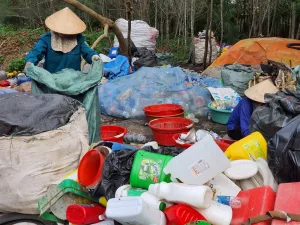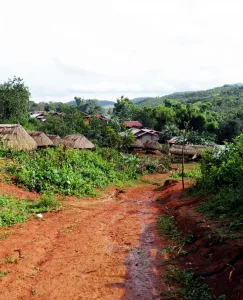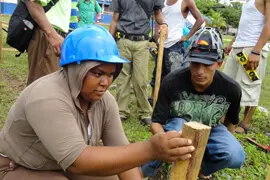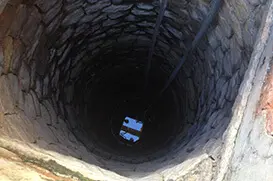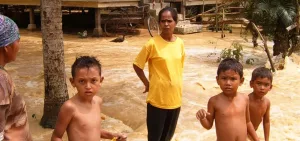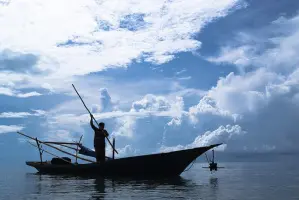heading
PROJECT: UNDP-SIWI WATER GOVERNANCE FACILITYOur approach
The UNDP-SIWI Water Governance Facility seeks to enhance the role and contribution of water governance towards the realization of a “water-wise world”.
Water should be shared and allocated sustainably, equitably and efficiently, universally available.
Meeting everyone’s basic needs includes:
- Improving water governance structures for water resources management and water supply and sanitation service provision in low-and middle-income countries;
- Enhancing water governance knowledge with partners at local, national and international/regional levels, and
- Advancing the water governance agenda at the global level
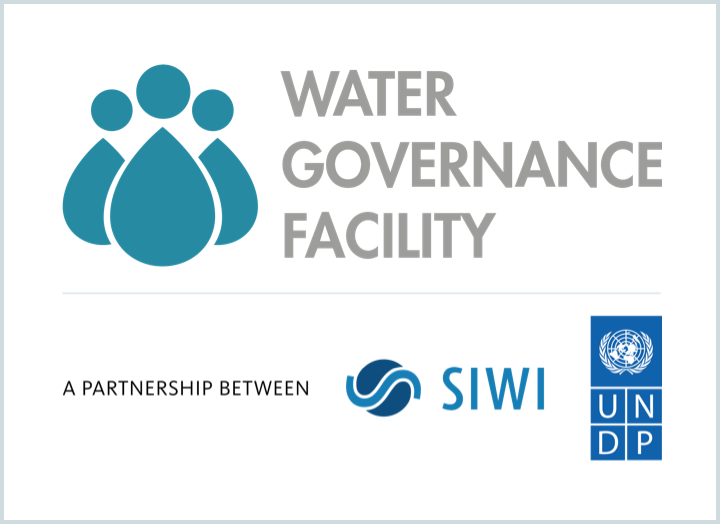
The UNDP-SIWI Water Governance Facility (WGF)
WGF promotes and supports good water governance across the globe
The TeamOur strategy
Facilitation, implementation & assessment
Improved water governance in countries and areas of programme intervention – as a result of policy support and advice on water governance to developing countries to meet governance reform needs at local, national and river basin levels.
Water sector reform is a long-term partnership and commitment. Dialoguing and networking build trust and ownership of reform, and are important to its formulation and implementation and helping to ensure it is anchored within society.
Once policies, legislation and required regulations are in place, these needs to be converted into action. Is implementation realistic? Are institutional and human capacities sufficient? Is the reform anchored within society? Is there adequate financing?
Dialogue, network tools and diplomacy can be used in various reform phases, and also for facilitating the collaboration on agreed frameworks or develop agreements. The Shared Waters Partnership emphasizes the building of trust among partners that sometimes have very diverging interests.
Water reform is only as successful as its implementation. It is not uncommon that reforms are not implemented – effectively, if at all. Implementation issues need to be addressed at the stage when water reform content and processes are being developed.
WGF prepares, designs and delivers a number of water governance programmes and provides monitoring and evaluation services to programmes being implemented by its partners.
Knowledge management
Global water governance agenda advanced – as a result of inputs to global monitoring and reporting processes, notably the World Water Assessment Programme, and advocacy of effective water governance.
Developing water governance knowledge and contributing to global and regional conversations on water governance involves the reflection and analysis of ongoing policies and practices. WGF enhances the water governance knowledge base by developing and participating in national, regional and international monitoring and assessment processes, and contributing to reports on water governance issues. An important part of WGF’s knowledge management work is the WGF Report series, aiming to bring sufficient detail for practitioners of water governance to acquire new insights on a range of topics.
In more targeted knowledge management activities, like the now concluded Knowledge Management work for the MDG Achievement Fund, WGF emphasizes the exchange and sharing of experience between practitioners. The greatest challenge for Knowledge Management is knowing what there is to learn in order to enhance future programming, and involving time for learning, reflection and openness in order to evaluate new ideas and ways of working. This is closely related to capacity development.
Knowledge & capacity development
Enhanced knowledge and institutional capacity to improve water governance – as a result of operational tools, methods and concepts developed and the dissemination of insights, valuable experiences and good practices.
The successful implementation of water governance reform requires more emphasis on skills and capacities related to dialogue and network processes; that can effectively respond to situations characterized by complexity, uncertainties, change and trade-offs. Specifically, the development of inclusive and flexible water governance systems that can respond to changing social, economic and hydrological conditions.
Capacity development involves promoting awareness of water governance and its application by developing relevant information and tools, and conducting training.
WGF also facilitates sharing of experience. For example, the collection and dissemination of illustrative water governance reform cases and assessments for scaling up useful practices to improve water governance reform. Ultimately however, efforts to build capacity must also transform knowledge into action.
Most of WGF’s capacity development efforts have involved the promotion of water integrity.
